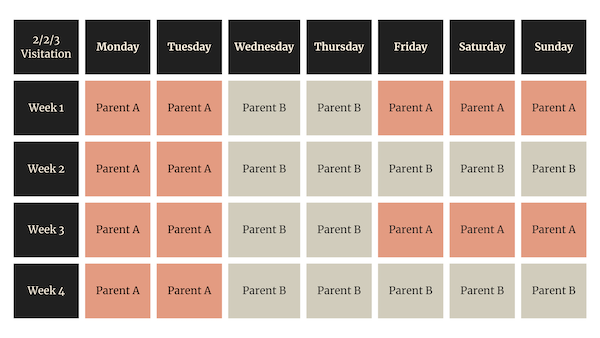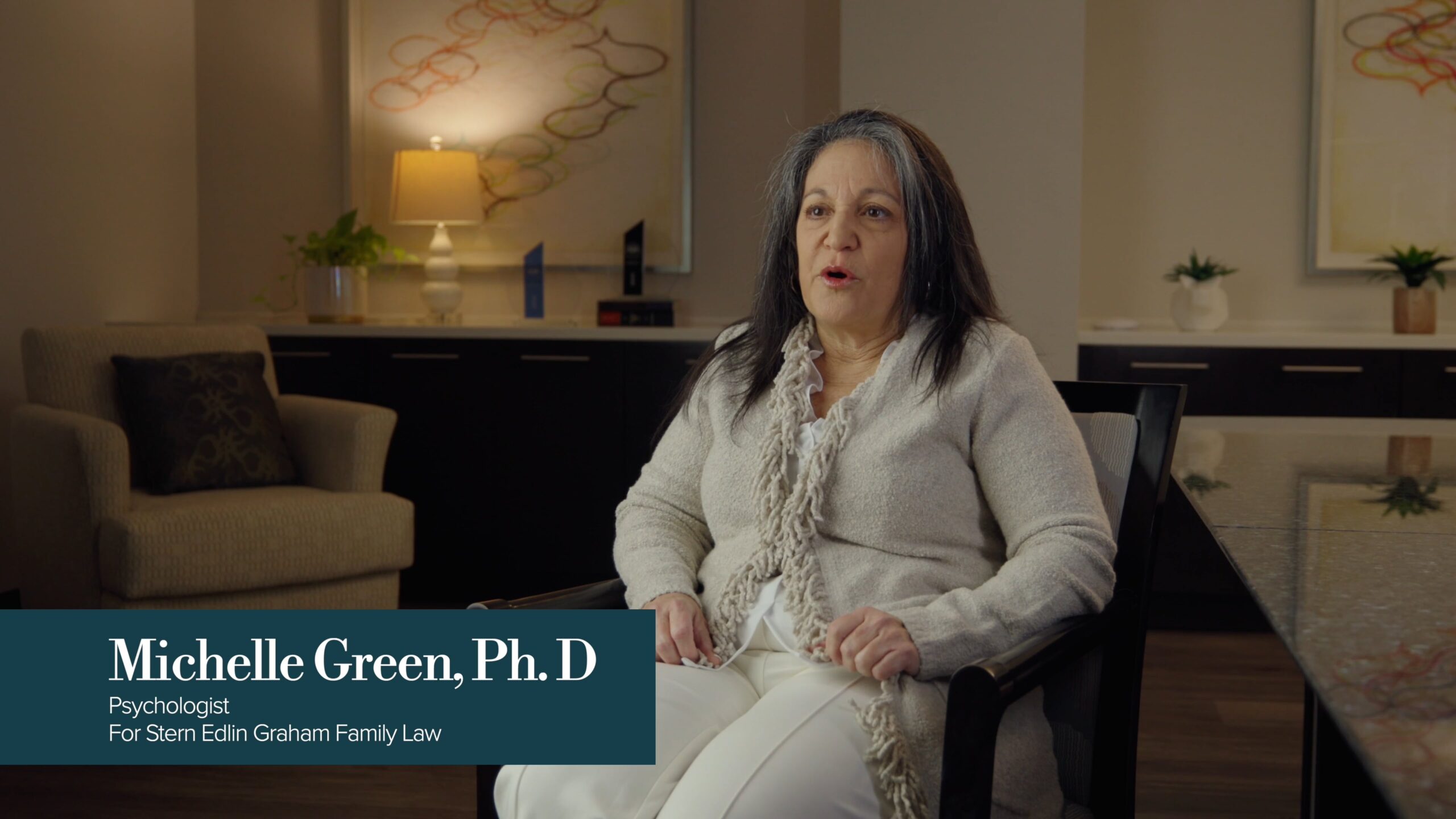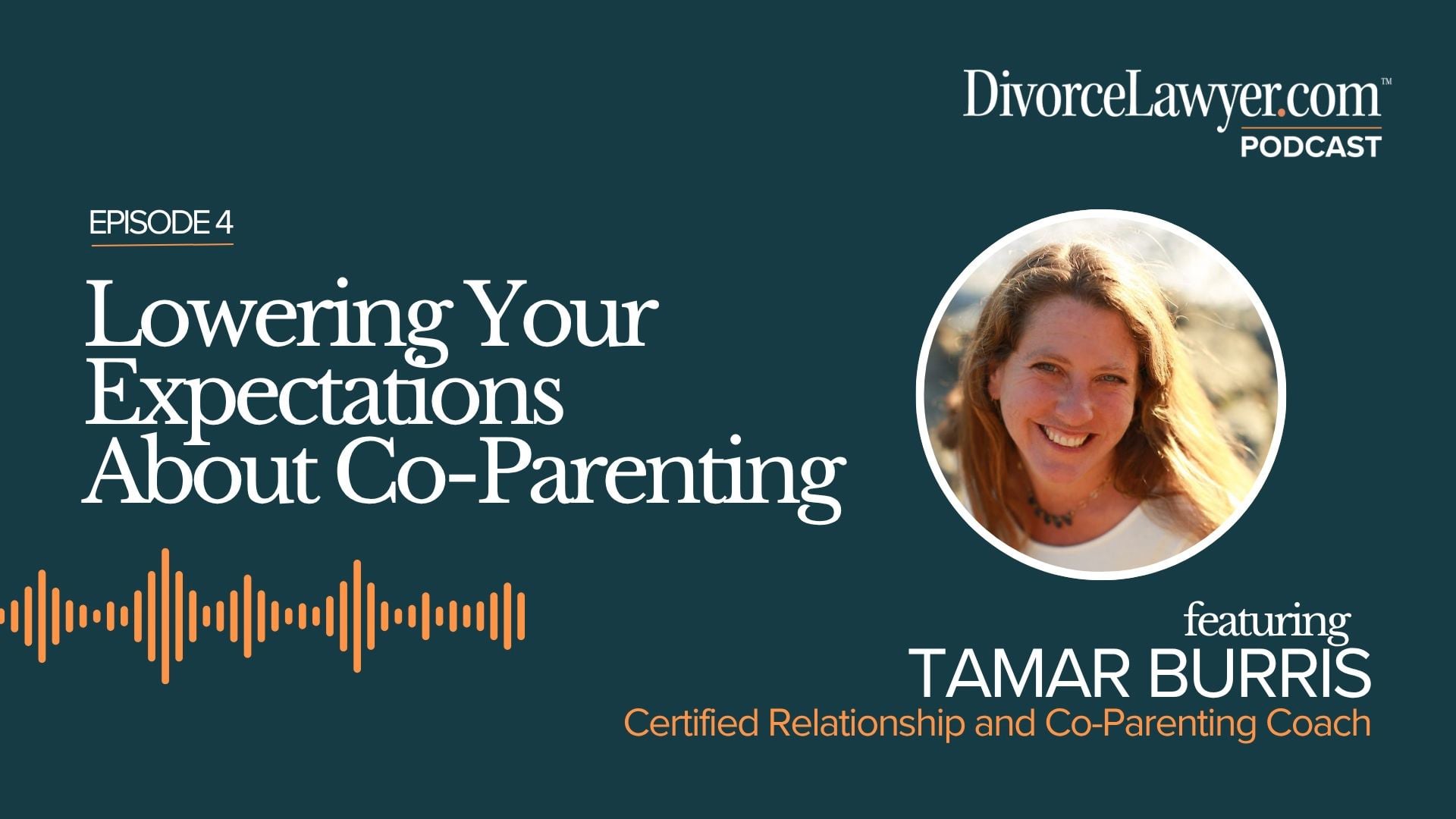A Parent’s Guide to Alcohol Concerns in Custody Cases

By Soberlink, The #1 Alcohol Monitoring Solution in Family Law
Custody decisions can feel overwhelming, especially when alcohol becomes part of the conversation. Many parents want to show they’re committed to safe, responsible parenting. Others are trying to make sure their child is protected during time with the other parent. No matter which side you’re on, the process works better when there’s a clear way to document the truth.
- The Impact of Alcohol Use on Custody Recommendations
- When Courts Order Structured Parenting Plans
- What Courts Look For
- The Role of Alcohol Testing and Monitoring
- Taking the Next Step

The Impact of Alcohol Use on Custody Recommendations
Christy Bradshaw Schmidt, MA, LPC, of Texas Family Law Forensics, has worked on hundreds of custody cases involving alcohol. She helps courts and families understand whether a parent’s drinking poses a real risk and what steps can support healthy co-parenting.
“The impact of a parent’s history of alcohol use on child custody recommendations depends on the nature and severity of their consumption,” says Bradshaw Schmidt. “Specifically, it is assessed whether their alcohol use was problematic, posed risks to their own well-being or that of their children, or resulted in legal consequences such as criminal charges or involvement with Child Protective Services. In cases where such concerns exist, continued monitoring and therapeutic intervention may be warranted.”
When Courts Order Structured Parenting Plans
Judges want to see evidence. They often ask how alcohol use has affected parenting or a parent’s ability to function. Bradshaw Schmidt notes that when there is clear concern, courts may order a phased approach to parenting time.
“If a parent’s ongoing alcohol consumption has demonstrably impaired their parenting abilities, co-parenting dynamics, or overall functioning, and they struggle to achieve or maintain sobriety while fulfilling their parental responsibilities, a structured, stairstep approach to parenting time may be appropriate. This may involve an initial period of supervised visitation, mandatory alcohol monitoring or testing, and therapeutic intervention, with subsequent adjustments based on measurable behavioral improvements.”
This kind of structure helps everyone know what to expect. Parents who are doing the work to change can demonstrate that progress. Children stay safe and supported along the way.
Bradshaw Schmidt emphasizes that insight and accountability are often just as important as the test results.
“Ultimately, an effective evaluation requires a comprehensive assessment of the parent’s level of insight into their alcohol use and their demonstrated willingness to implement meaningful and sustained changes.”
What Courts Look For
Not every judge will approach alcohol concerns in the same way. Bradshaw Schmidt explains that evidence requirements can vary by court and jurisdiction.
“The evidence required to substantiate the impact of alcohol use on parenting varies depending on the presiding judge, the court, and the jurisdiction of the case. Some courts may order biochemical testing, such as a PEth test or a urine or blood EtG analysis, to assess a parent’s alcohol consumption. Additionally, judicial considerations may include the parent’s involvement with Child Protective Services or the legal system, the parent’s participation in treatment, therapy, or a Twelve Step Program, well as testimony from witnesses who have directly observed the parent’s behavior. If the parent is subject to continuous alcohol monitoring through a device such as Soberlink, reports from that system will also likely be factored into the court’s assessment.”
Courts are guided by the best interests of the child. That means they need a clear record of behavior, not just concerns or assumptions.
“In my jurisdiction, courts are obligated to make decisions that prioritize the best interests of the child,” Bradshaw Schmidt says. “However, this does not necessarily grant judges the discretion to impose restrictions on a parent’s parenting time without supporting evidence.”
In cases where substance use has created risk, courts want to see that the parent is taking steps to address their behavior.
“In my experience, when credible evidence demonstrates that a parent is misusing substances—whether during parenting time or in a manner that adversely affects their ability to care for their child or cooperate with a co-parent—the court’s primary concern is safeguarding the child. In such cases, courts typically emphasize both protection and rehabilitation, encouraging the parent to seek sobriety and implement meaningful behavioral changes to maintain an active and constructive role in their child’s life.”
The Role of Alcohol Testing and Monitoring
There are many types of alcohol testing. Some are more reliable and more enforceable than others. Bradshaw Schmidt has seen the difference firsthand.
“In family law cases, common challenges with alcohol testing protocols often stem from issues related to timing, consistency, and result distribution. Unclear testing schedules, irregular monitoring, and ambiguous procedures for handling missed tests can undermine the effectiveness of such protocols.”
Some tests, like urinalysis or random breath tests, don’t provide real-time results and are not built with the success of the test in mind. Others lack facial recognition or tamper detection. These gaps can create confusion, especially if the other parent disputes the outcome or questions the validity of the test.
“In my experience, court orders that establish detailed requirements—including specific testing dates, times, and clear consequences for noncompliance—are significantly more enforceable than those that lack clarity or leave room for interpretation.”
Monitoring tools, like Soberlink, fill in many of these gaps with a system designed specifically for the demands of family court. Each test is verified through facial recognition to confirm identity, and results are automatically transmitted in real time to specified contacts. The technology includes built-in tamper sensors and clearly documents missed tests, removing ambiguity from the monitoring process. Reports are time-stamped, easy to interpret, and structured to meet evidentiary standards in custody cases across the country, providing courts with consistent, objective data to support informed decision-making that helps shift focus back where it belongs—on the child.
In more severe cases, courts may also recommend treatment, therapy, or support groups in addition to monitoring.
“In cases where substance misuse is more severe, courts may order rehabilitation based on the parent’s condition and financial resources,” Bradshaw Schmidt explains. “This could include residential treatment, detoxification programs, inpatient care, or intensive outpatient therapy. Additionally, participation in Alcoholics Anonymous and individual counseling may be required as part of a structured recovery plan.”
Taking the Next Step
If alcohol use has become a concern in your custody case, you are not alone. The courts want to see progress, not punishment. You can ask for tools that keep your child safe and give you a fair way to show your commitment.
Learn more about how Soberlink supports family law professionals, parents, and children at www.soberlink.com.
Table of Contents
Stay in the Know
Discover Related Articles
Get Informed. Get Empowered
Read up on essential divorce topics to learn more about the process and all its different aspects.
Introductions, no pressure
Connect with a Top Divorce Attorney
in Columbus, OH
Go to Columbus, OH page
Are you in a different location? We can introduce you to the best family lawyers in your area









































































































